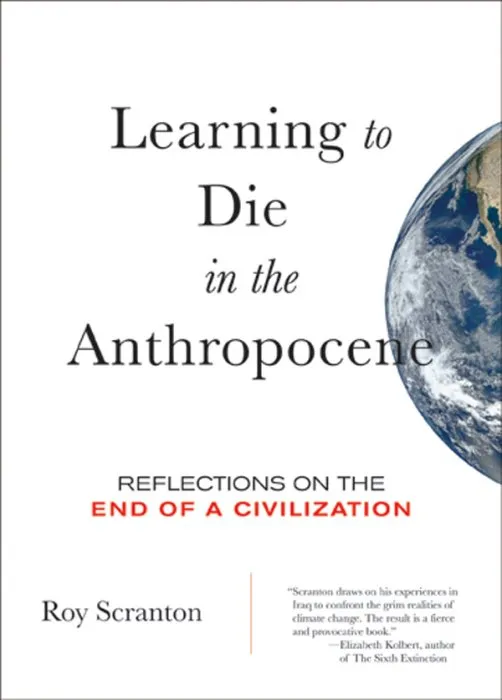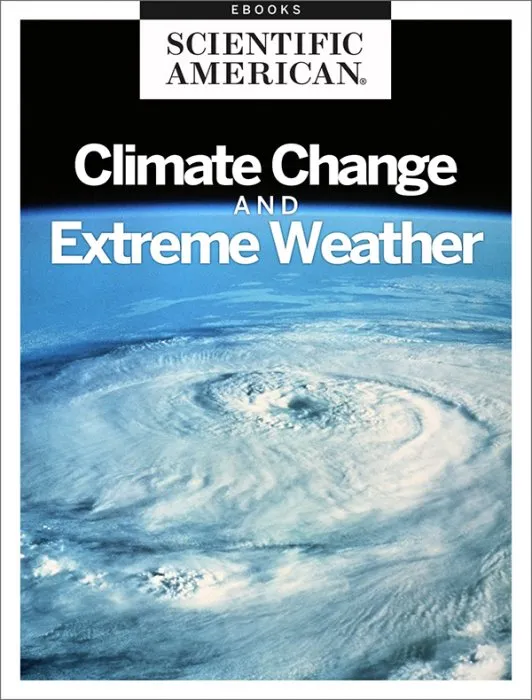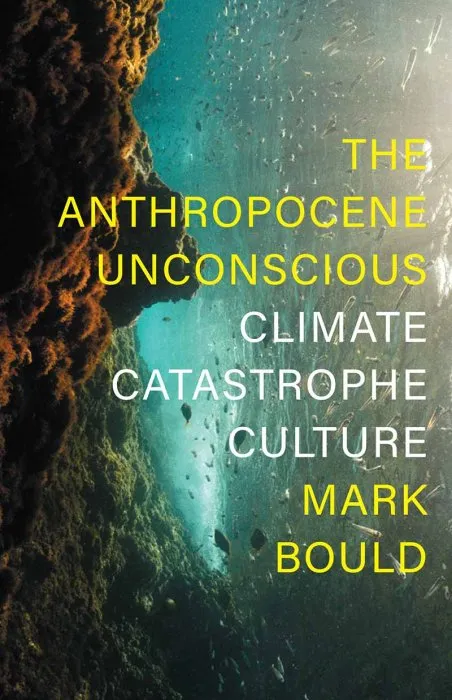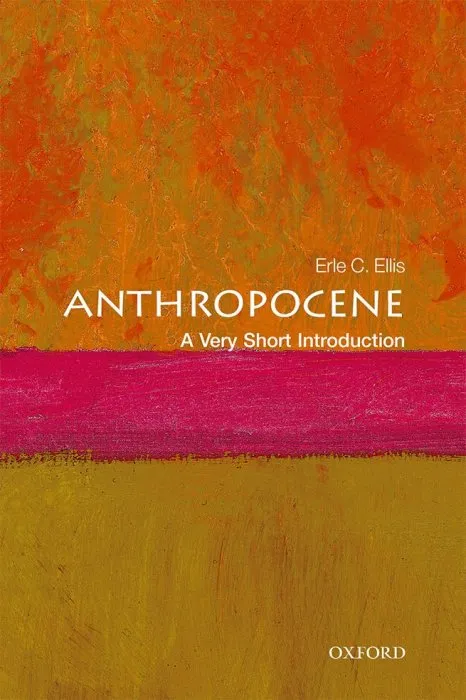Learning to Die in the Anthropocene: Reflections on the End of a Civilization (City Lights Open Media)

Date: October 19th, 2015
ISBN: 0872866696
Language: English
Number of pages: 144 pages
Format: EPUB
Add favorites
Coming home from the war in Iraq, US Army private Roy Scranton thought he'd left the world of strife behind. Then he watched as new calamities struck America, heralding a threat far more dangerous than ISIS or Al Qaeda: Hurricane Katrina, Superstorm Sandy, megadrought—the shock and awe of global warming.
Our world is changing. Rising seas, spiking temperatures, and extreme weather imperil global infrastructure, crops, and water supplies. Conflict, famine, plagues, and riots menace from every quarter. From war-stricken Baghdad to the melting Arctic, human-caused climate change poses a danger not only to political and economic stability, but to civilization itself . . . and to what it means to be human. Our greatest enemy, it turns out, is ourselves. The warmer, wetter, more chaotic world we now live in—the Anthropocene—demands a radical new vision of human life.
In this bracing response to climate change, Roy Scranton combines memoir, reportage, philosophy, and Zen wisdom to explore what it means to be human in a rapidly evolving world, taking readers on a journey through street protests, the latest findings of earth scientists, a historic UN summit, millennia of geological history, and the persistent vitality of ancient literature. Expanding on his influential New York Times essay (the #1 most-emailed article the day it appeared, and selected for Best American Science and Nature Writing 2014), Scranton responds to the existential problem of global warming by arguing that in order to survive, we must come to terms with our mortality.
Plato argued that to philosophize is to learn to die. If that's true, says Scranton, then we have entered humanity's most philosophical age—for this is precisely the problem of the Anthropocene. The trouble now is that we must learn to die not as individuals, but as a civilization.
Roy Scranton has published in the New York Times, Wall Street Journal, Rolling…
Our world is changing. Rising seas, spiking temperatures, and extreme weather imperil global infrastructure, crops, and water supplies. Conflict, famine, plagues, and riots menace from every quarter. From war-stricken Baghdad to the melting Arctic, human-caused climate change poses a danger not only to political and economic stability, but to civilization itself . . . and to what it means to be human. Our greatest enemy, it turns out, is ourselves. The warmer, wetter, more chaotic world we now live in—the Anthropocene—demands a radical new vision of human life.
In this bracing response to climate change, Roy Scranton combines memoir, reportage, philosophy, and Zen wisdom to explore what it means to be human in a rapidly evolving world, taking readers on a journey through street protests, the latest findings of earth scientists, a historic UN summit, millennia of geological history, and the persistent vitality of ancient literature. Expanding on his influential New York Times essay (the #1 most-emailed article the day it appeared, and selected for Best American Science and Nature Writing 2014), Scranton responds to the existential problem of global warming by arguing that in order to survive, we must come to terms with our mortality.
Plato argued that to philosophize is to learn to die. If that's true, says Scranton, then we have entered humanity's most philosophical age—for this is precisely the problem of the Anthropocene. The trouble now is that we must learn to die not as individuals, but as a civilization.
Roy Scranton has published in the New York Times, Wall Street Journal, Rolling…
Download Learning to Die in the Anthropocene: Reflections on the End of a Civilization (City Lights Open Media)
Similar books
Information
Users of Guests are not allowed to comment this publication.
Users of Guests are not allowed to comment this publication.




